
If you don’t correct these 5 harmful eating and drinking habits right away, sooner or later your esophagus will also be “ravaged” by cancer cells.
Dr. Wendi Shi from the Department of Hepatobiliary and Gastroenterology at the National Taiwan University Hospital (China) has issued a strong warning that the early symptoms of esophageal cancer are extremely easy to ignore. This is because they are often vague, non-specific, or can be mistaken for minor health issues such as indigestion, acid reflux, or simple fatigue.
A recent case highlights this danger. Ms. Lin, a 36-year-old woman from Hsinchu, Taiwan, sought treatment under Dr. Shi.
A Case That Became a Wake-Up Call

Illustrative image
At first, Lin only experienced mild symptoms—a dry cough, occasional nausea, slight difficulty swallowing, and a feeling of dryness in her mouth. During a routine health checkup required for work, the doctor advised her to undergo an endoscopy because acid reflux was suspected. However, Lin dismissed the suggestion, believing her condition was minor, and instead chose to self-medicate.
Three months later, her condition worsened. Swallowing became increasingly painful, and she lost weight rapidly. When she finally went to the hospital, test results revealed stage 2 esophageal cancer. Fortunately, the disease was caught before it advanced further. She underwent surgery and is now receiving chemotherapy with a relatively positive prognosis.
Everyday Habits That Increase the Risk
Through Lin’s case, Dr. Wendi emphasized that no one is immune to esophageal cancer. It often develops quietly from daily habits—habits so common that many people don’t even realize they are harmful. Below are five high-risk behaviors he outlined:
1. Frequently Eating or Drinking Very Hot Foods (Above 60°C)
Many people believe that drinking scalding tea, coffee, or hot soup helps “warm the stomach,” fight off colds, or kill bacteria—especially in winter. However, according to the World Health Organization (WHO), consuming food or drinks hotter than 60°C significantly increases the risk of esophageal cancer.
The esophageal lining can only tolerate temperatures of around 40–50°C. Constant exposure to burning hot liquids causes repeated inflammation and microscopic burns, which accumulate over time and can lead to malignant changes. The common habit of eating food “piping hot” right out of the pot may actually be fueling cancer development instead of aiding digestion.
2. Eating Quickly Without Proper Chewing
Rushed eating, especially of rough or hard foods like tendon, shellfish, spicy dishes, salty snacks, or sour pickles, can scratch and injure the esophageal lining. If these small injuries occur repeatedly, they may cause chronic inflammation, which creates favorable conditions for abnormal cells to form.
Dr. Wendi pointed out that the modern lifestyle—where many young people eat quickly and carelessly—may explain why esophageal cancer is being diagnosed at younger ages.
3. Alcohol Consumption and Smoking
According to the U.S. National Cancer Institute, drinking alcohol increases the risk of esophageal cancer by 1.3 to 5 times, while smoking raises the risk by 8 to 10 times, accounting for over 80% of all cases.
Alcohol and the toxic chemicals in cigarettes directly erode the esophageal lining and weaken its natural protective barriers. This makes it easier for stomach acid to reflux upward, further damaging the tissue.
The risk is especially high for people who both drink and smoke. In such cases, the risk multiplies dramatically, which is why many patients in the “alcohol + tobacco” group are diagnosed at very late stages, when treatment options are more limited.
4. Regular Consumption of Processed Foods
Convenient foods such as sausages, bacon, ham, and smoked meats are rich in preservatives, nitrites, and nitrates. Inside the body, these compounds can transform into nitrosamines, a powerful cancer-causing substance.
Dr. Wendi emphasized that while eating these foods occasionally is not dangerous, frequent and long-term consumption forces the esophagus to endure constant chemical irritation. This can eventually lead to DNA mutations and tumor formation.
In fact, many international studies have classified processed meats as Group 1 carcinogens—the same category as tobacco.
5. Eating Excessive Pickled Foods
Pickled vegetables such as fermented mustard greens, pickled radish, and pickled cucumbers are beloved dishes in many Asian households. However, they contain nitrosamines, which can damage DNA and trigger genetic mutations, increasing the likelihood of esophageal cancer.
Dr. Wendi added that improperly fermented vegetables, particularly “quick pickles,” often contain aflatoxins produced by mold. Aflatoxins are among the most dangerous natural toxins, strongly linked to liver, stomach, and esophageal cancers. Eating such foods frequently for taste and convenience may unknowingly set a “cancer trap” for the body.
Final Reminder
Dr. Wendi Shi’s message is clear: even minor, everyday discomfort should not be ignored. Persistent coughing, nausea, or difficulty swallowing could signal something more serious than a temporary digestive issue. More importantly, common lifestyle habits—many of which people mistakenly think are harmless—can gradually lead to dangerous conditions such as esophageal cancer.
Early detection is crucial. Routine checkups, awareness of symptoms, and mindful eating habits may ultimately be the difference between a treatable condition and a late-stage cancer diagnosis.
News in the same category

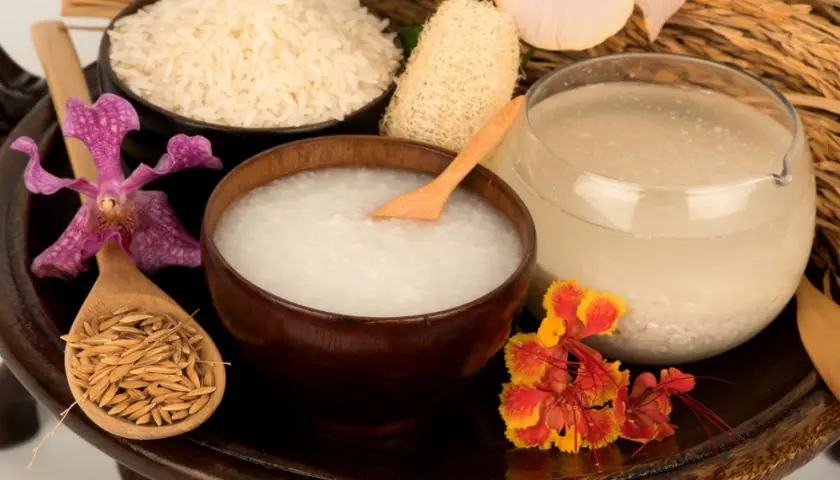
How to Use Rice Water for Gorgeous Hair and Skin (Detailed Instructions)
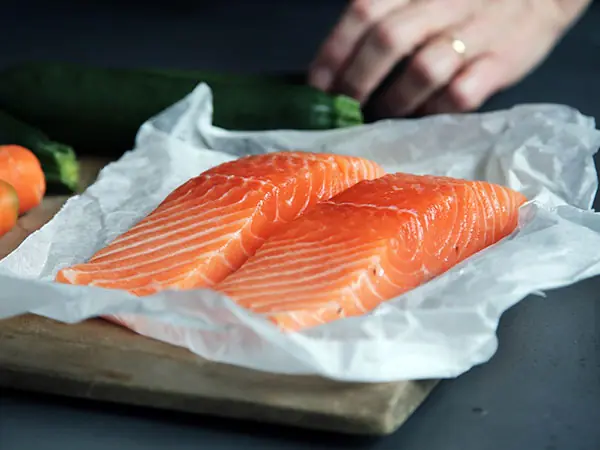
Beware: U.S. Salmon May Be Crawling with Japanese Tapeworm, Say Scientists
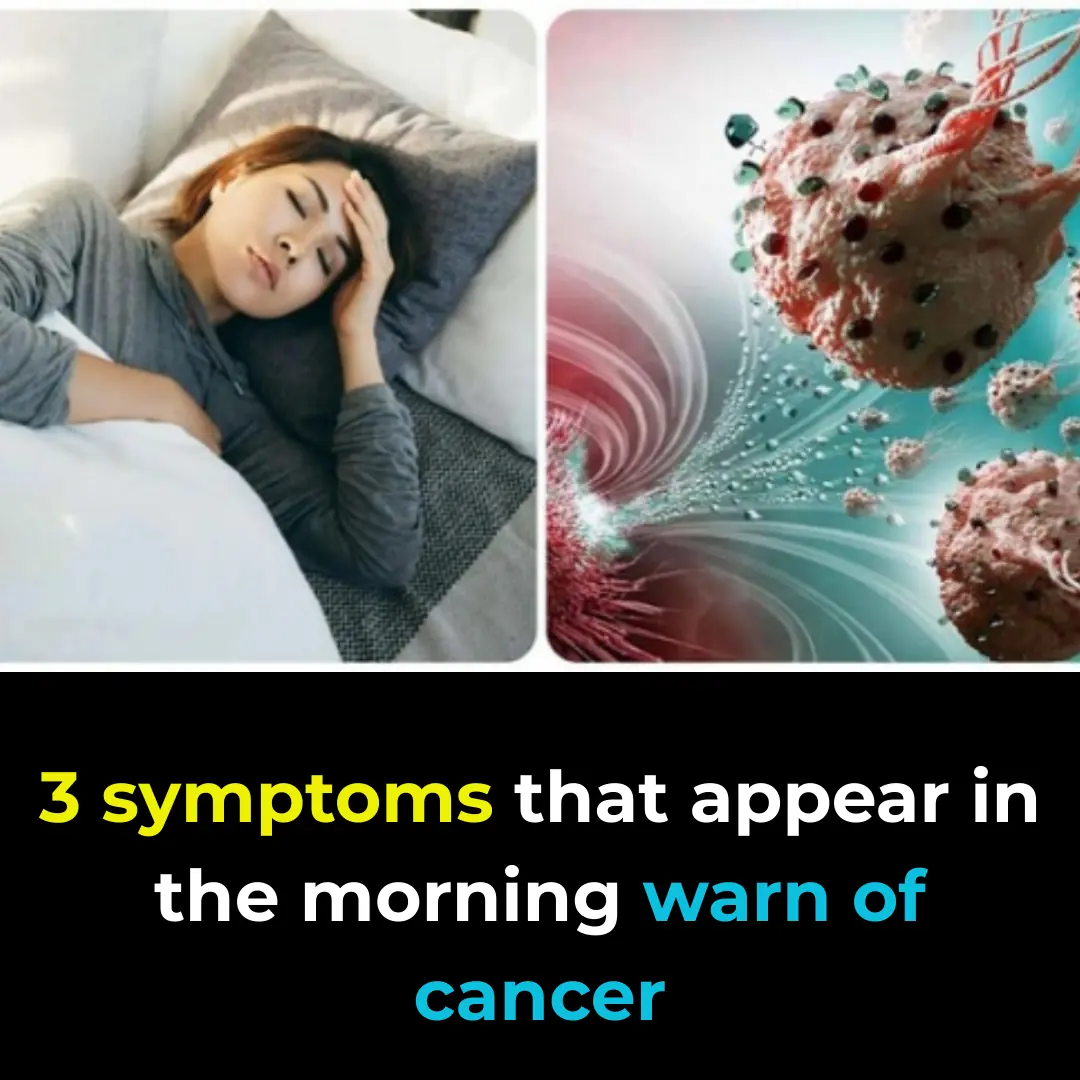
3 Morning Symptoms That May Signal the Onset of Canc3r
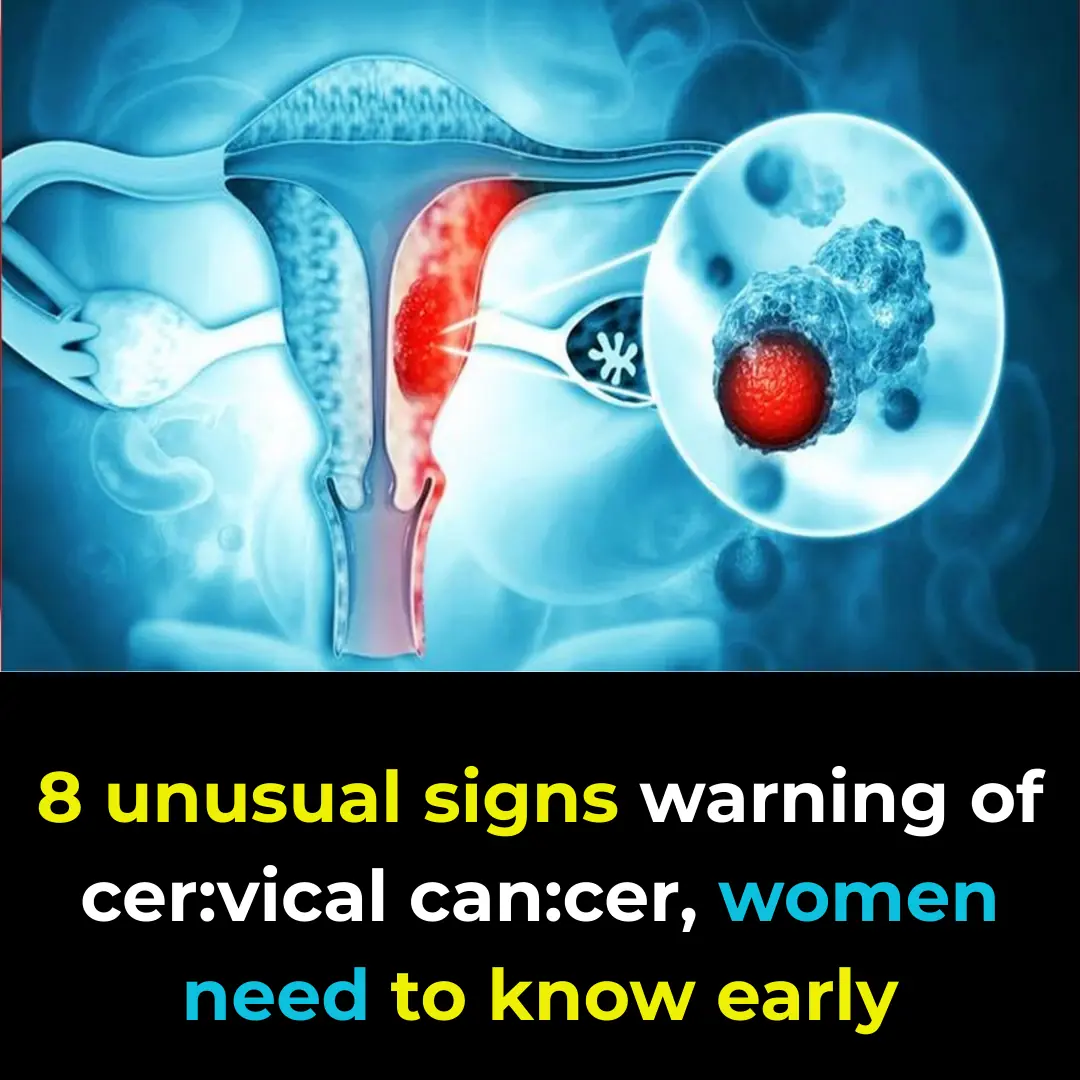
"8 abnormal signs warning of c3rvical canc3r that women need to recognize early"
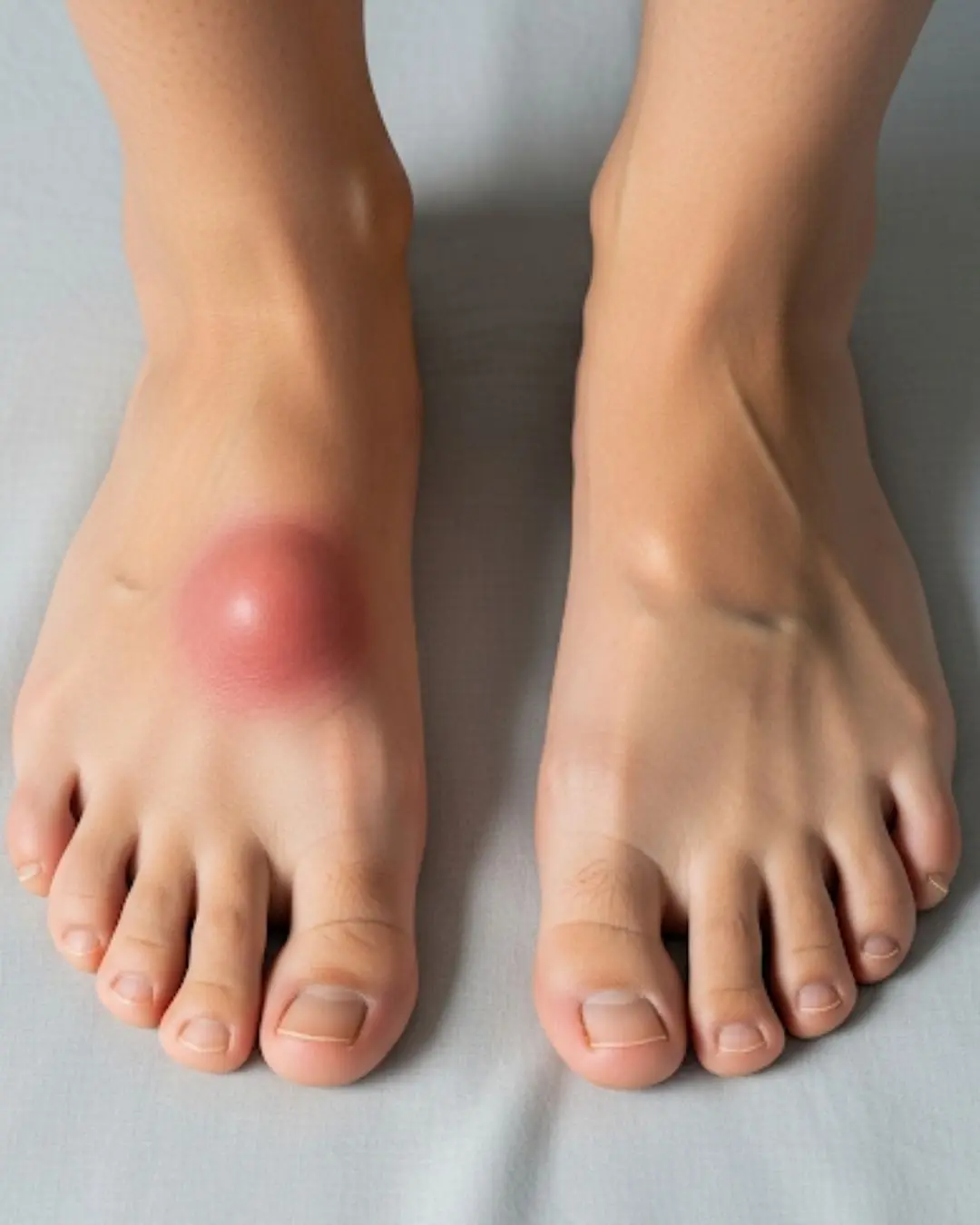
If Your Feet Swell It Is a Clear Sign

Nose Picking What This Taboo Habit Really Reveals About Us
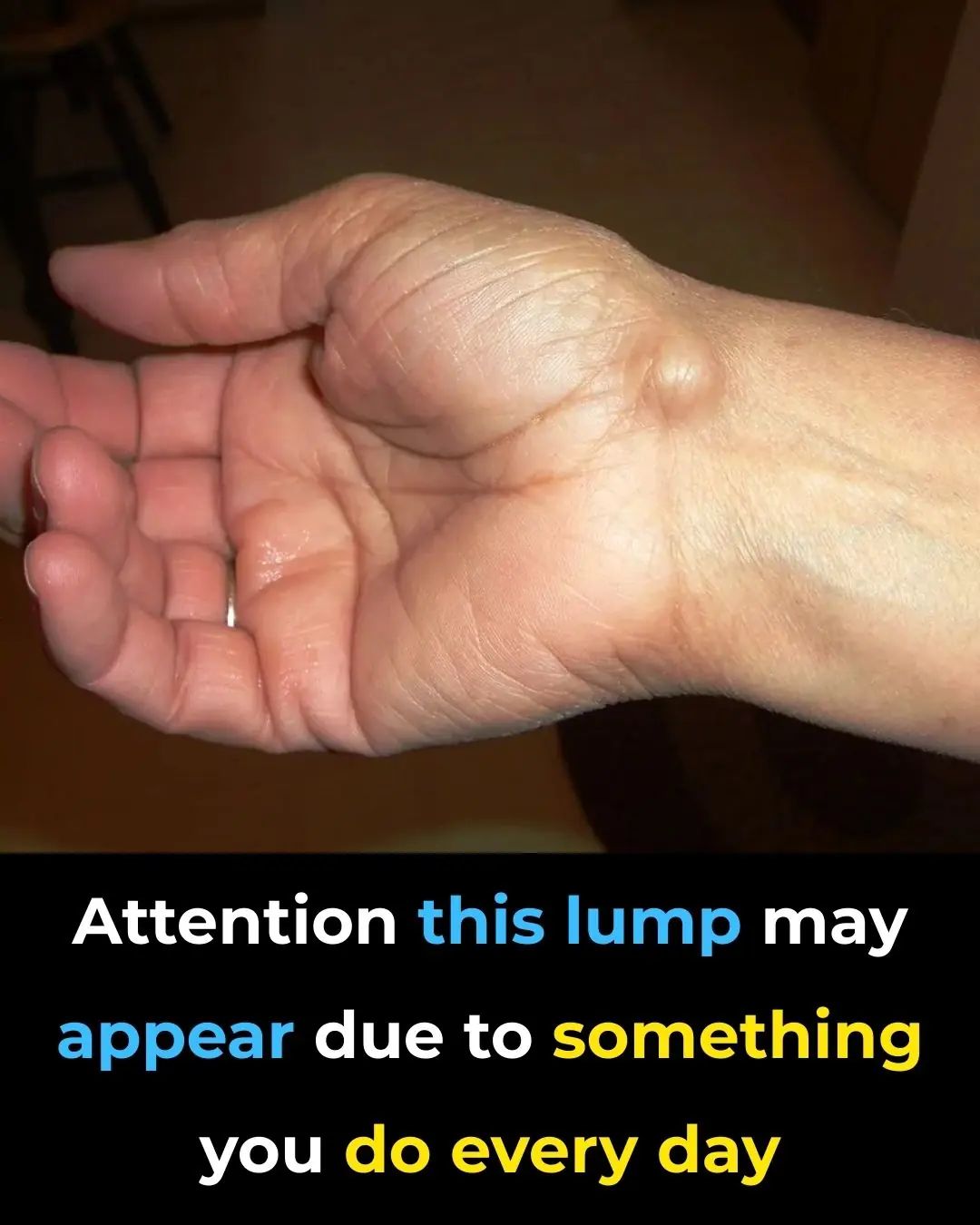
Everyday Habits That Can Cause a This Issue To Your Hands
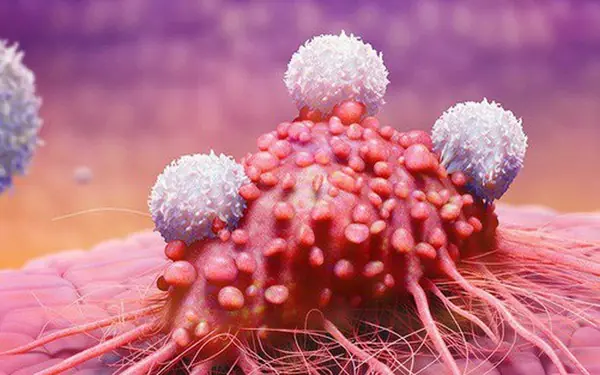
Why Liver Cancer Is Often Detected Late – Important Warning Signs You Shouldn’t Ignore
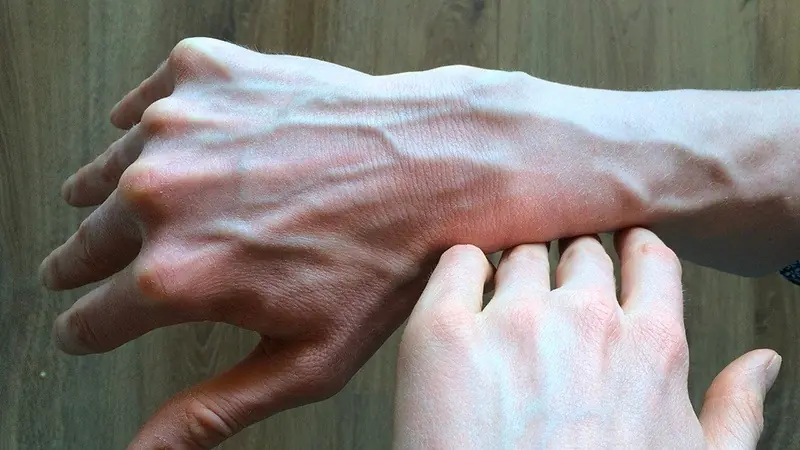
If You See Someone with Prominent Green Veins, Make Sure to Tell Them This – It Could Save Their Life
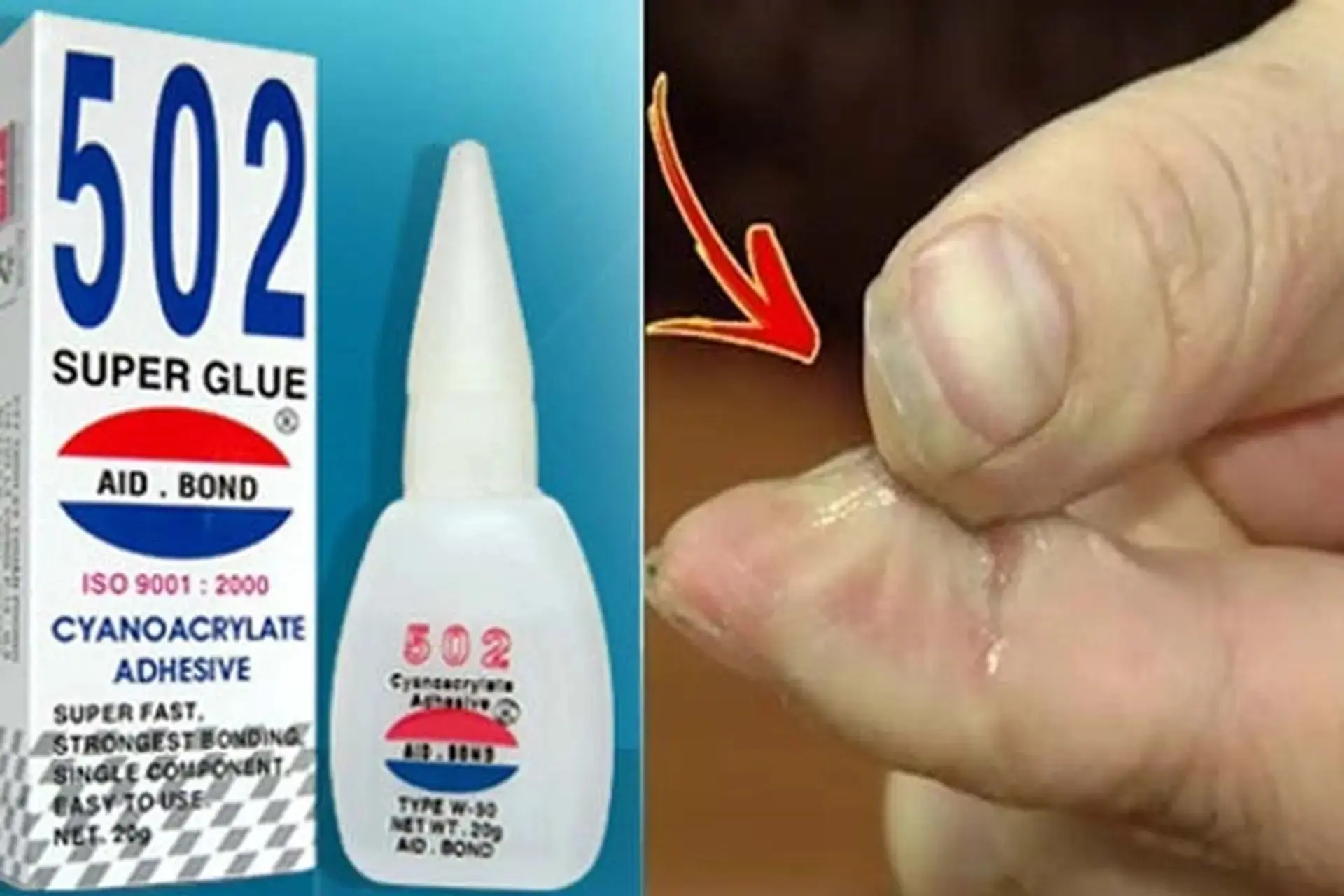
How to Safely Remove Super Glue (502) from Your Skin Without Tearing It
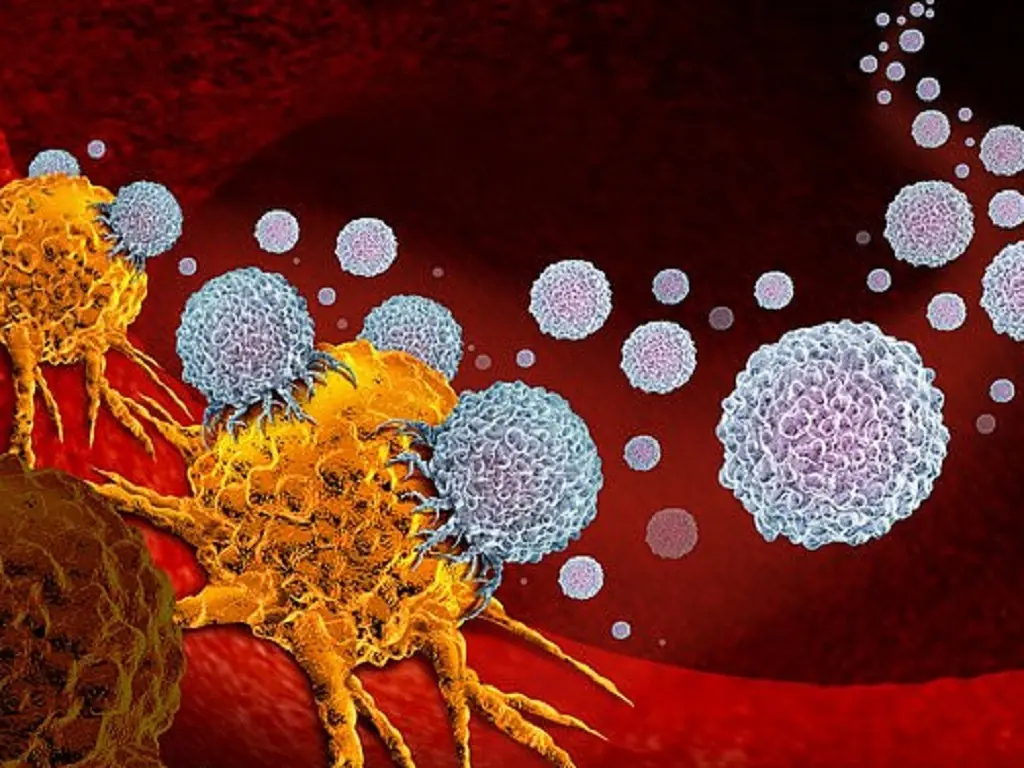
3 Unusual Signs in the Neck That Could Be Symptoms of Cancer – Don’t Ignore Them!

Consciousness Is Not Confined to the Brain, But Is Connected To The Whole Universe, Scientists Say

Study Finds People With ADHD Listen to Music Differently—Here’s How

Can I Get My Metabolism Back After Stopping Lexapro and Prozac?
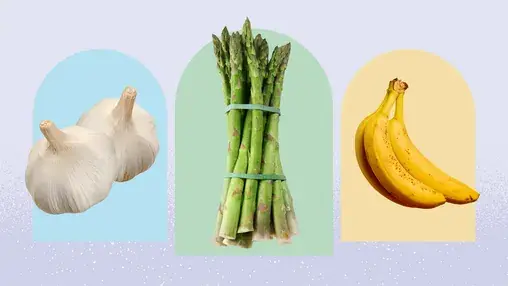
8 Foods High in Inulin to Eat for Better Gut Health

Proven Health Benefits and Uses of Thyme and Thyme Tea
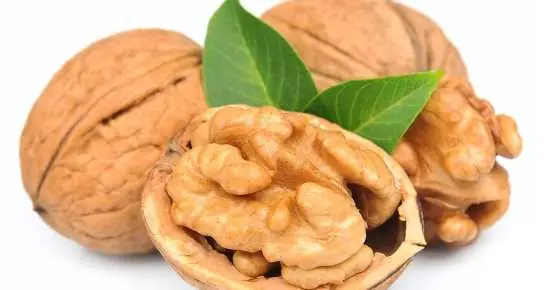
Proven Health Benefits of Walnuts, How Many to Eat, and More (Science Based)
News Post

Why Your Legs Cramp at Night (And How to Fix It)

How to Use Rice Water for Gorgeous Hair and Skin (Detailed Instructions)

Beware: U.S. Salmon May Be Crawling with Japanese Tapeworm, Say Scientists
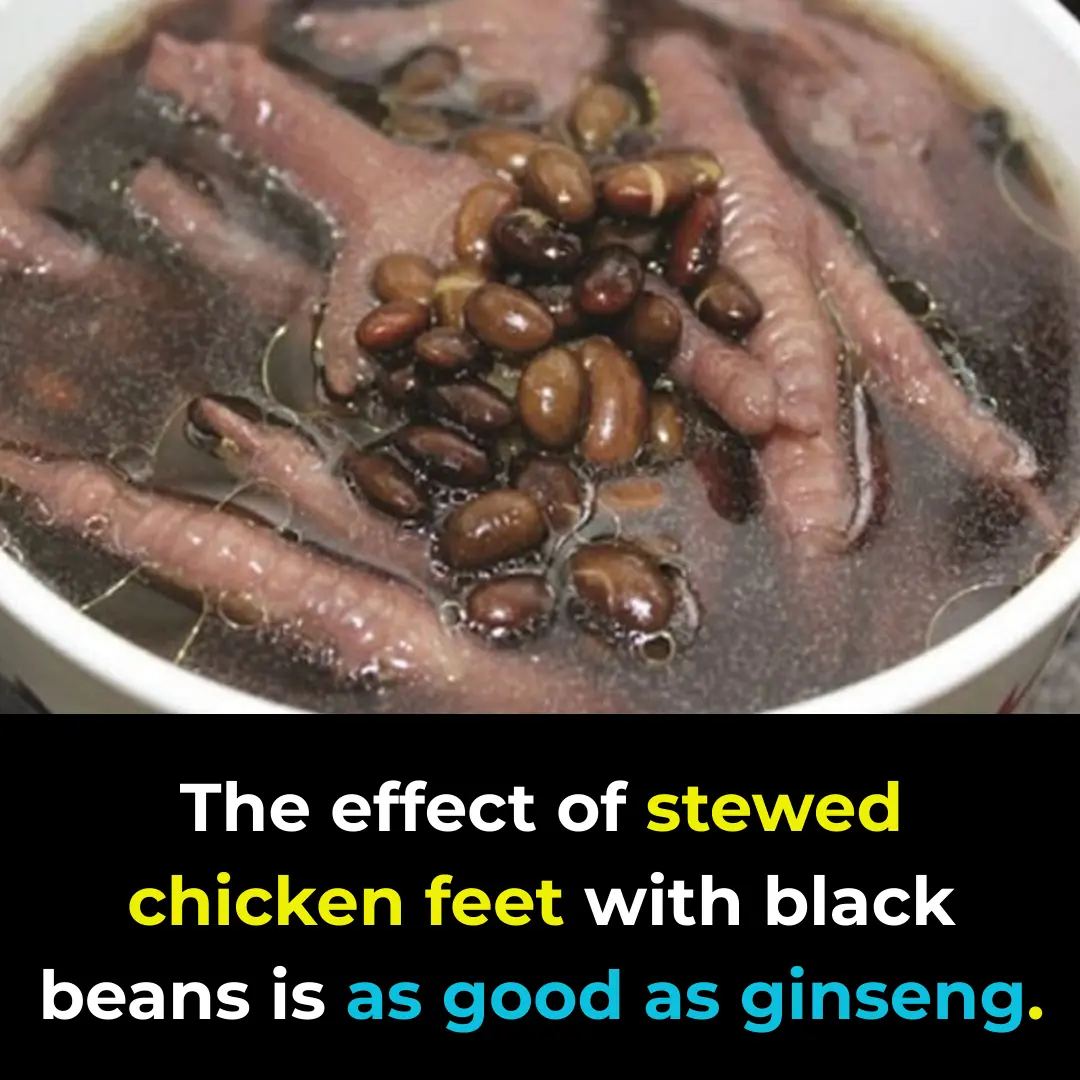
The Benefits of Chicken Feet Stewed with Black Beans – As Powerful as Ginseng
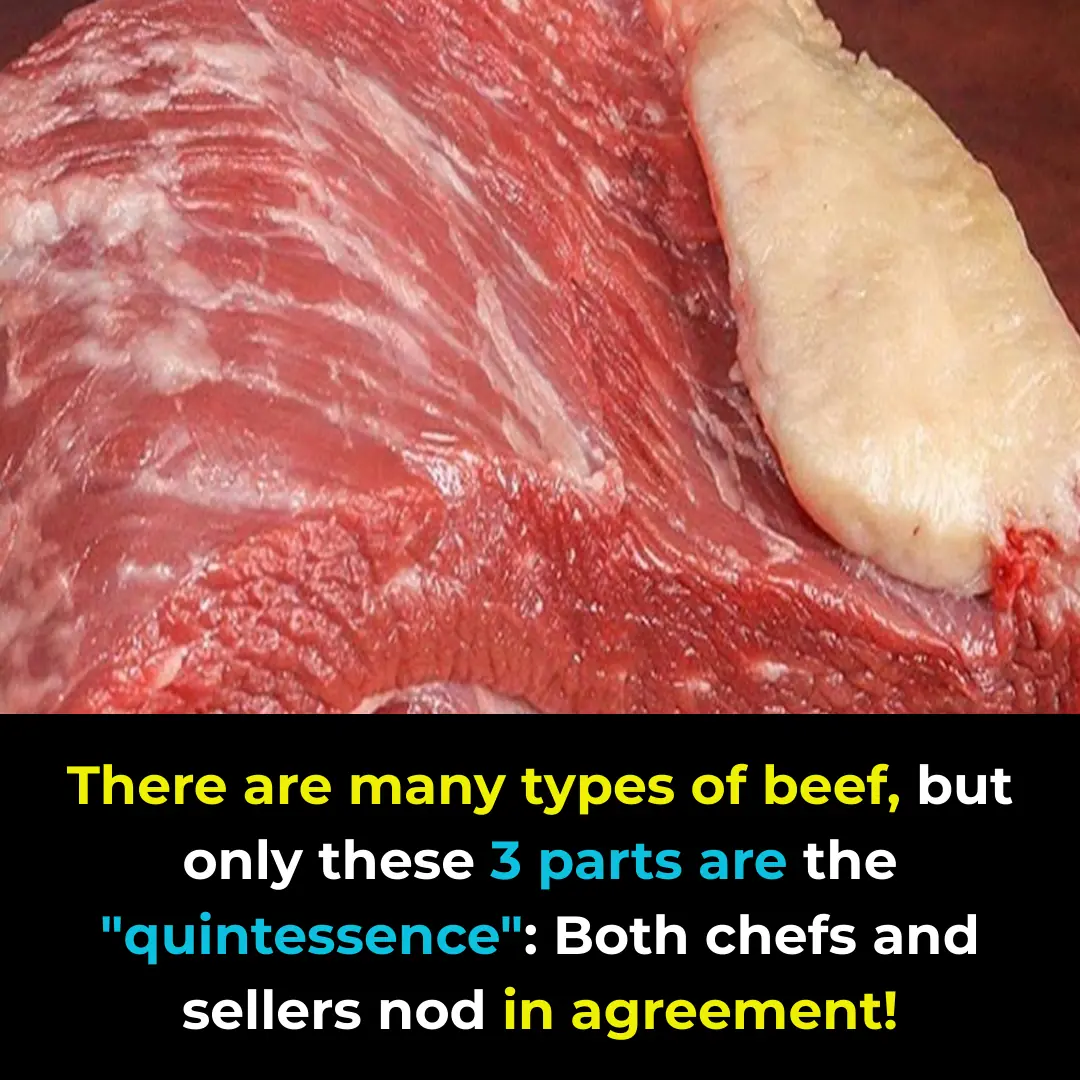
There are many cuts of beef, but only these 3 are considered the true “essence” – both chefs and butchers wholeheartedly agree!
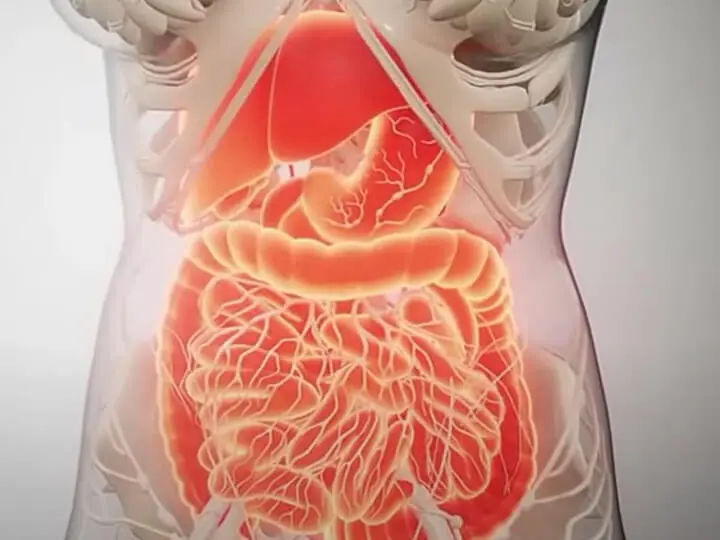
Colon Cleansing: How to Naturally Flush Your Colon at Home (Science-Based)
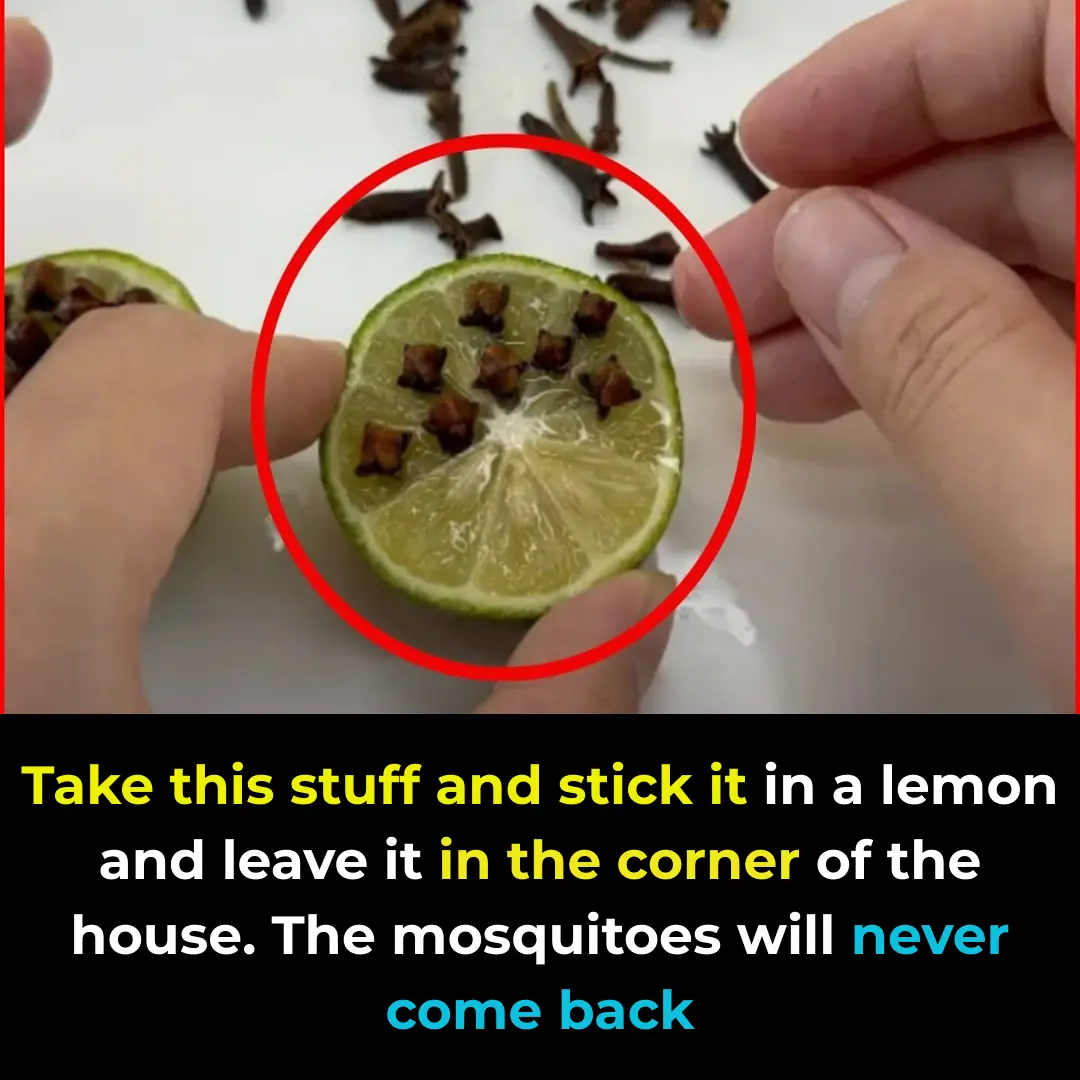
Put this into a lemon and place it in the corner of your house – mosquitoes will stay away for good

3 Morning Symptoms That May Signal the Onset of Canc3r

"8 abnormal signs warning of c3rvical canc3r that women need to recognize early"

Is Your Air Conditioner Outdoor Unit Making Loud Grinding Noises? Use This Simple Trick to Make It Run Quietly Without Calling a Technician!
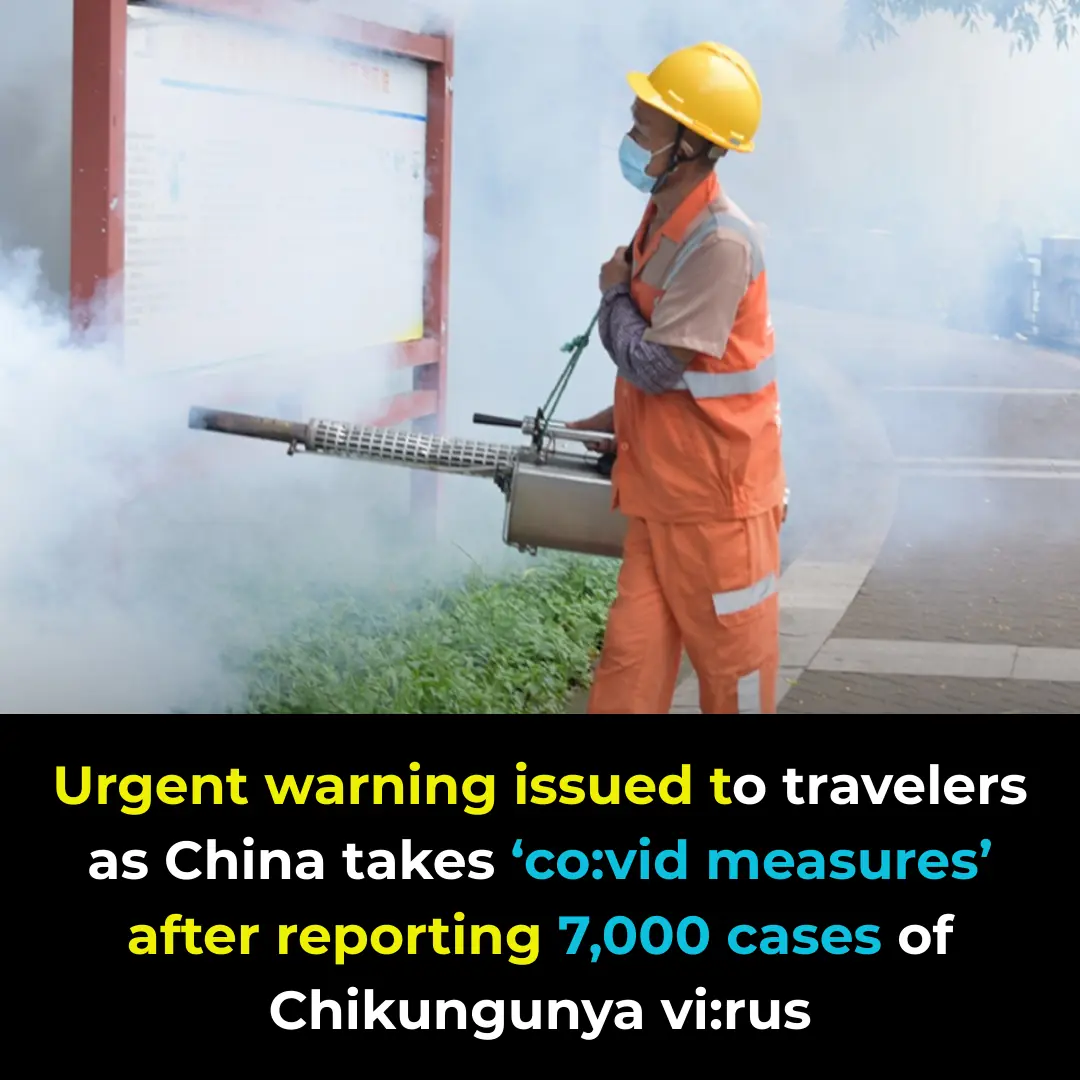
Urgent warning issued to travelers as China takes ‘covid measures’ after reporting 7,000 cases of Chikungunya virus

3 Effective Ways to Prevent Snakes from Entering Your Home Everyone Should Know to Protect Their Family
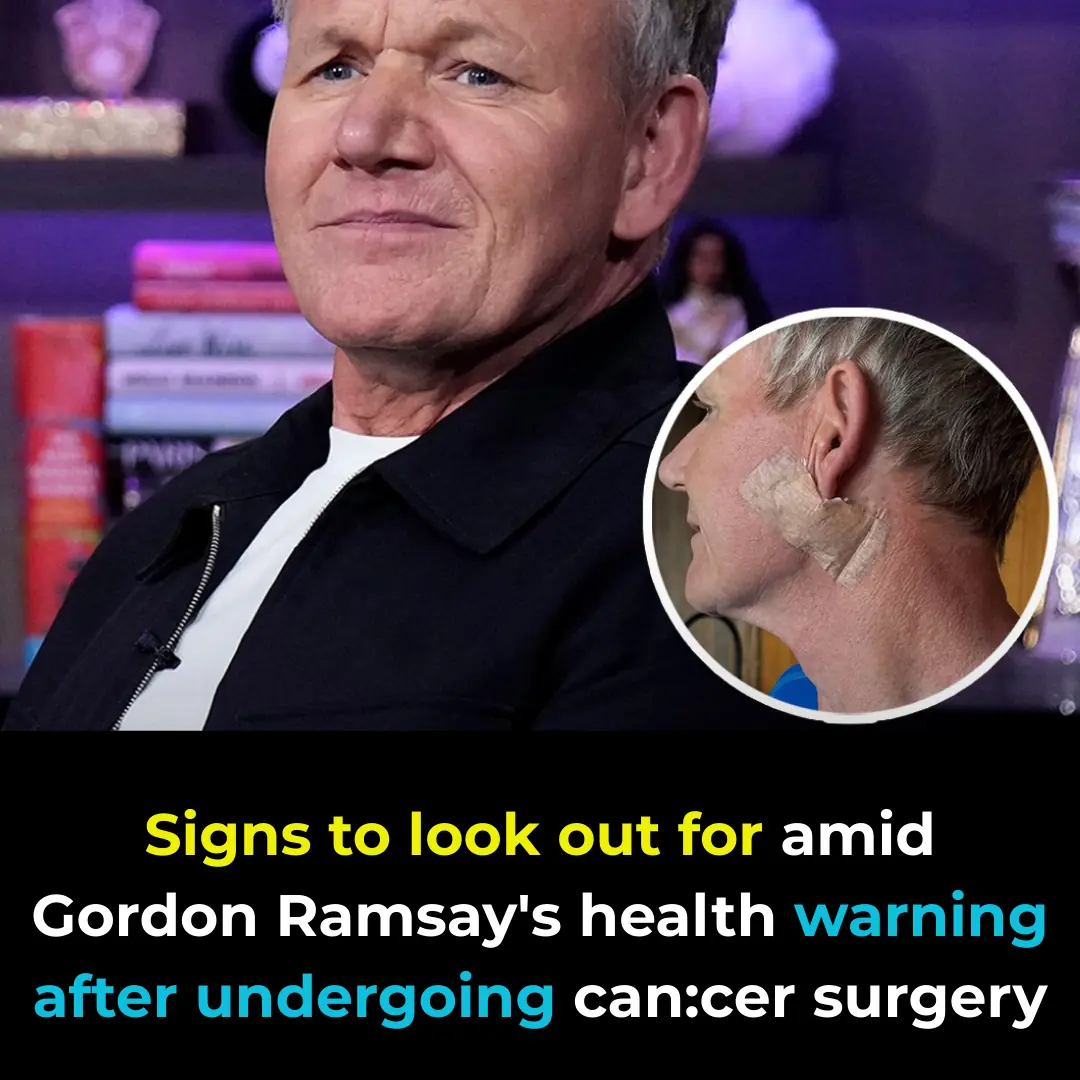
Signs to look out for amid Gordon Ramsay's health warning after undergoing cancer surgery
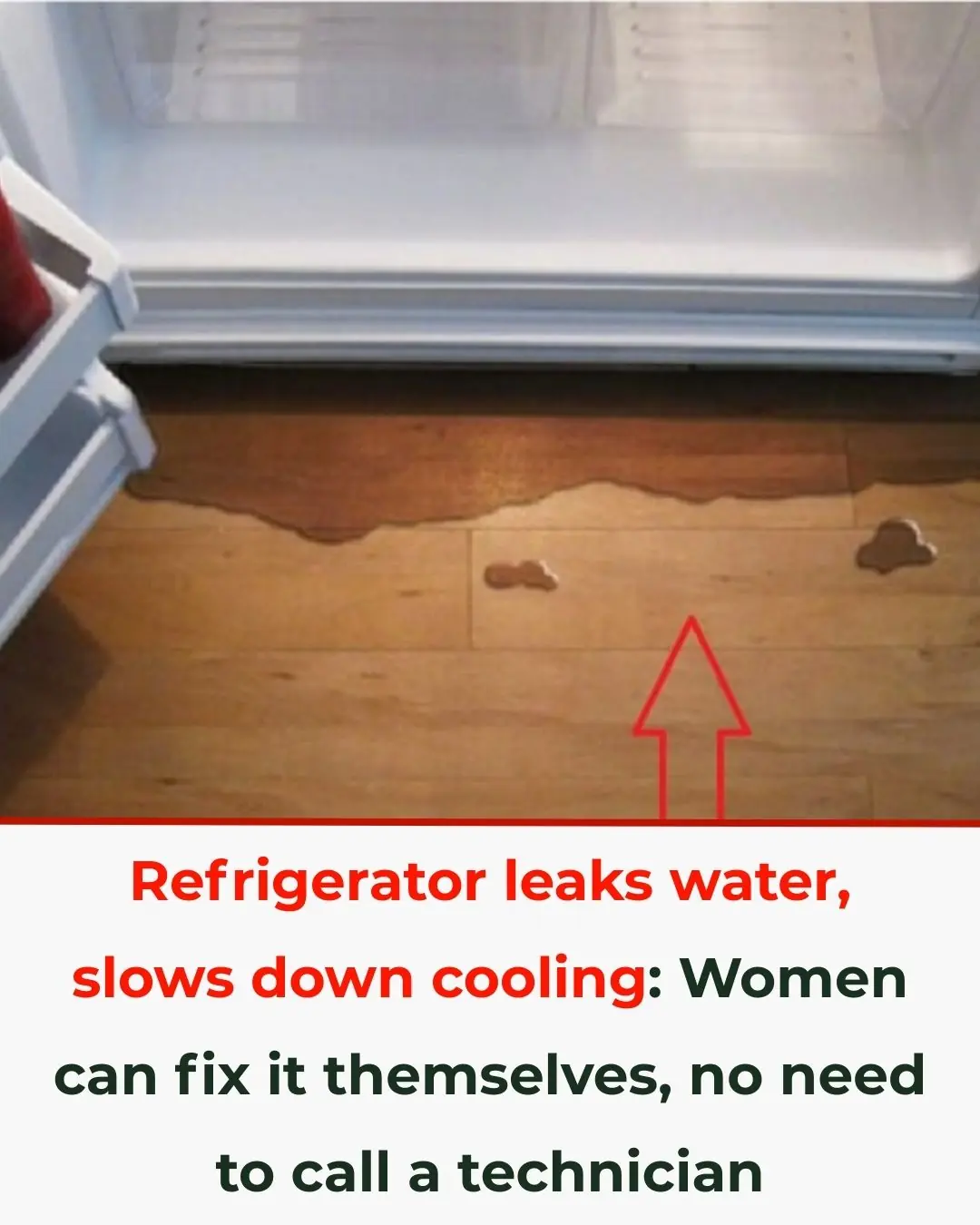
How to Handle Common Refrigerator Problems and a Surprising Lesson from American Toilet Habits

If Your Feet Swell It Is a Clear Sign

Why Doors in Public Bathrooms Don’t Reach the Floor

Nose Picking What This Taboo Habit Really Reveals About Us

Everyday Habits That Can Cause a This Issue To Your Hands
